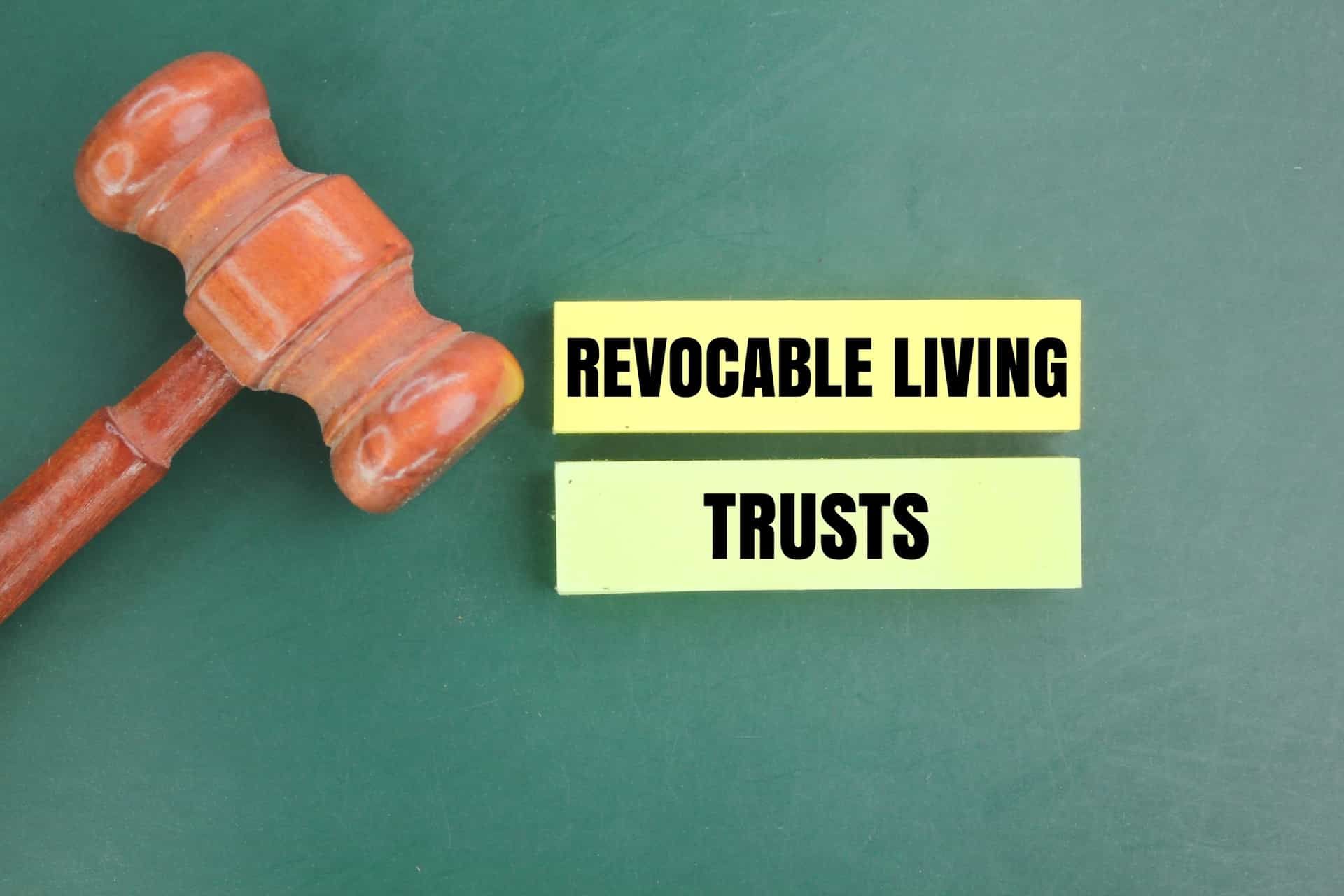What is a Tax Warrant? Steps to Take if You Receive One

A tax warrant is a legal document issued by a government authority, often a state or local tax agency, as a formal notice of unpaid taxes. It serves as a serious warning that the government is taking steps to collect the owed amount. Receiving a tax warrant can be alarming, but understanding what it means and knowing the steps to take can help you address the issue effectively.
What is a Tax Warrant?
A tax warrant is not the same as a criminal warrant. It does not mean you are under arrest. Instead, it is a tool used by tax authorities to claim payment for taxes that have not been paid. The warrant typically outlines the amount owed, including penalties and interest, and gives the tax agency the legal right to enforce collection.
Once issued, a tax warrant becomes a matter of public record. It can harm your credit score and even lead to actions like wage garnishments, bank levies, or property liens if not resolved promptly. If you're facing such issues, consulting a
Tax Litigation Attorney is essential to navigate the legal complexities and protect your financial interests.
Why Are Tax Warrants Issued?
Tax warrants are issued for various reasons, including:
- Unpaid Taxes: Failing to pay income, property, or sales taxes.
- Missed Deadlines: Not paying taxes on time or ignoring prior notices.
- Audit Results: Owing taxes after a government audit.
Steps to Take If You Receive a Tax Warrant
Receiving a tax warrant can feel overwhelming, but taking the right steps can help you resolve the situation.
1. Understand the Tax Warrant
The first step is to carefully review the tax warrant. It will provide details about:
- The amount owed.
- The type of tax in question.
- The deadline for payment or resolution.
If any information is unclear, contact the issuing tax authority for clarification.
2. Verify the Accuracy of the Warrant
Mistakes can happen. Ensure the tax warrant is accurate by:
- Check your tax records to confirm the owed amount.
- Reviewing previous communications from the tax agency.
If you believe the warrant is incorrect, gather evidence like receipts, bank statements, or past tax filings to dispute the claim.
3. Act Quickly
Time is of the essence when dealing with a tax warrant. Delaying action can lead to additional penalties or enforcement measures like property liens or wage garnishments.
4. Consult a Tax Professional
Navigating a tax warrant on your own can be complicated. A
tax attorney or accountant can:
- Review your case.
- Negotiate with the tax agency on your behalf.
- Help you set up a payment plan or settlement.
5. Consider Payment Options
If the tax warrant is valid, resolving the debt quickly is crucial. Options include:
- Pay in Full: The simplest way to resolve the warrant is to pay the full amount owed.
- Set Up a Payment Plan: If you cannot pay in full, most tax agencies allow installment agreements.
- Offer in Compromise: In some cases, you can negotiate to pay a reduced amount through an Offer in Compromise.
6. Protect Your Assets
Tax warrants can lead to actions that put your assets at risk. These include:
- Wage Garnishments: The tax agency can take a portion of your paycheck.
- Bank Levies: They can withdraw funds directly from your bank account.
- Liens on Property: A lien can be placed on your home or other valuable assets.
To protect your assets, address the tax warrant as soon as possible and work with a professional to find a resolution.
7. Communicate with the Tax Authority
Staying in contact with the tax agency is essential. Ignoring notices or failing to respond can escalate the situation. Tax agencies are often willing to work with you if you demonstrate a willingness to resolve the issue.
8. Prevent Future Tax Warrants
Once the tax warrant is resolved, take steps to prevent it from happening again:
- File your taxes on time.
- Set up reminders for tax payments.
- Work with a tax professional to ensure compliance
What Happens If You Ignore a Tax Warrant?
Ignoring a tax warrant can have serious consequences, including:
- Increased Penalties and Interest: The amount owed will continue to grow.
- Credit Damage: A tax warrant can negatively impact your credit score.
- Legal Actions: The tax agency may take steps like garnishing wages, levying bank accounts, or seizing property.
Ignoring a tax warrant does not make it go away. It’s better to address the issue head-on to minimize the impact on your finances and credit.
Conclusion
A tax warrant is a serious matter, but it is not insurmountable. By understanding what it means and taking prompt, informed action, you can resolve the issue and protect your financial health. Remember, consulting a tax professional or a
tax planning brokerage account can make the process easier and increase your chances of a favorable outcome.
If you've received a tax warrant, don’t wait—contact
Jostock & Jostock today for expert guidance and support in resolving your tax issues.
Disclaimer: The information on this website and blog is for general informational purposes only and is not professional advice. We make no guarantees of accuracy or completeness. We disclaim all liability for errors, omissions, or reliance on this content. Always consult a qualified professional for specific guidance.






